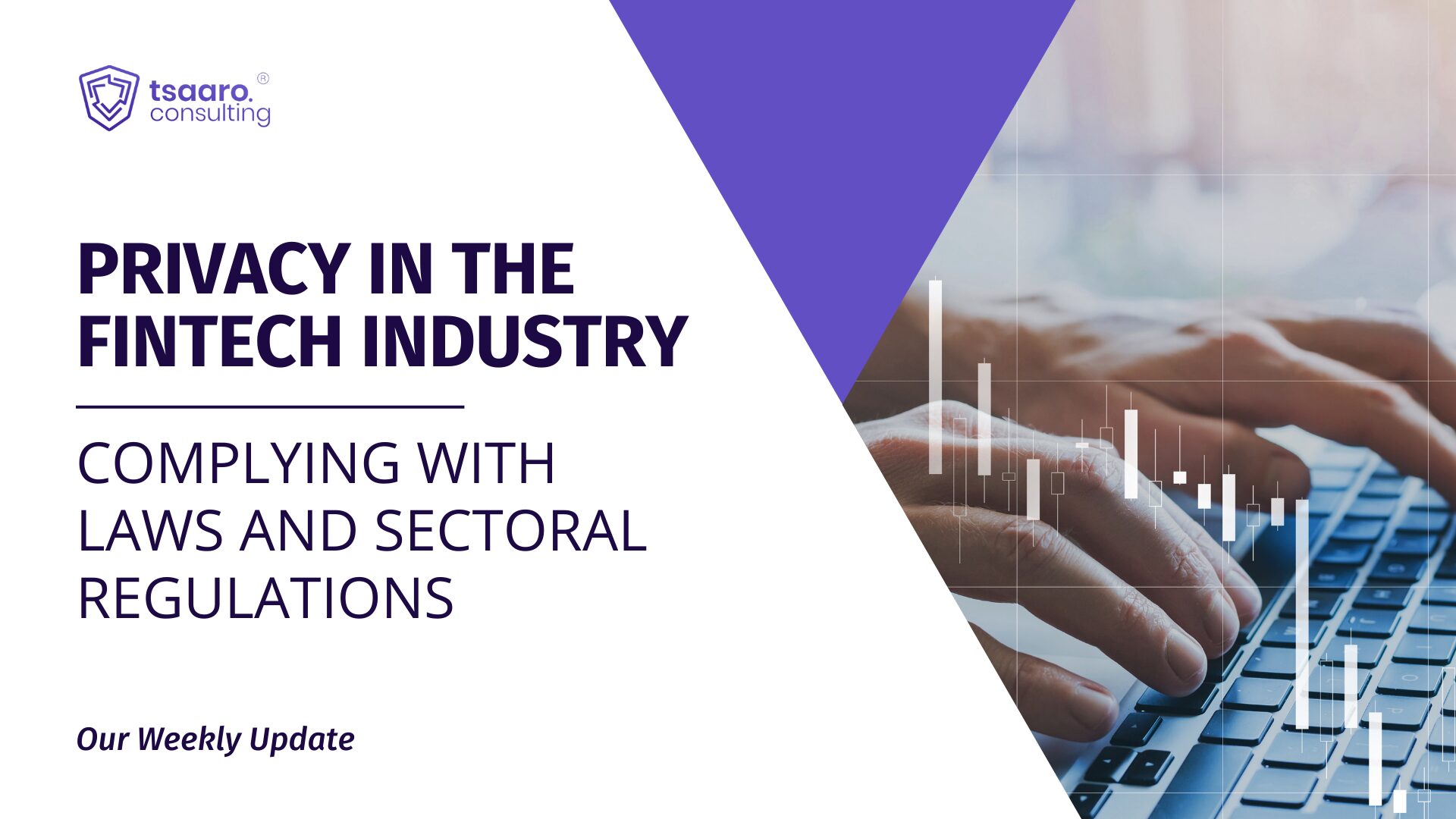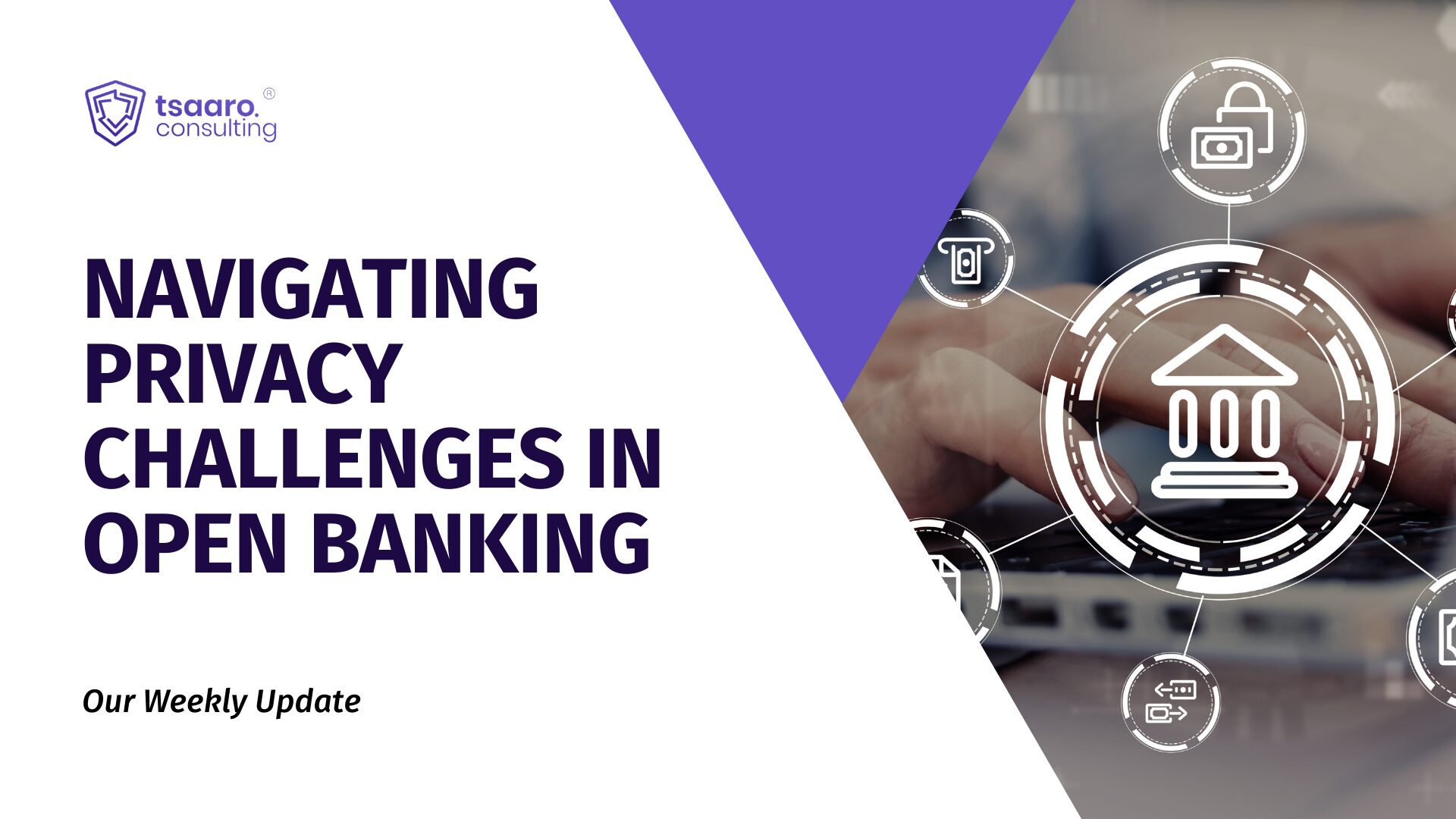Introduction
As personal information is rapidly digitised in the modern era, protecting people’s privacy is more important than ever. The Data Privacy and Protection Act (DPDP) of 2023 in India establishes a thorough framework for handling personal data. It introduces the ideas of Data Fiduciaries and Significant Data Fiduciaries. In this blog post, we’ll detail the principal duties of Data Fiduciaries and Significant Data Fiduciaries under Chapter II of the DPDP Act.
Obligations of Data Fiduciary
1. Processing Based on Consent
Section 4 of the DPDP Act states that a Data Fiduciary processing personal data may only do so under certain circumstances. These prerequisites include acquiring valid consent from the Data Principal (the person to whom the data belongs). The Data Principal’s consent or specific permitted uses may be the basis for giving consent for a legal purpose.
2. Giving Data Principal Notice
The need to alert Data Principals about the processing of their personal data is emphasised in Section 5 of the Act. A Data Fiduciary must give the Data Principal the following notice when asking for consent:
- the processed personal data.
- the reason for the processing.
- information regarding the rights of the data principal as exercised.
- submitting complaints to the Data Protection Board’s complaint procedure.
This ensures that Data Principals are fully informed about how their personal data will be handled and can consent in an informed manner.
3. Verifiable Consent
The conditions for requesting consent from Data Principals are described in Section 6. Free, transparent, informed, unconstrained, unambiguous consent that includes a conspicuous affirmative action. Individuals must, therefore, expressly and voluntarily consent to process their personal data and fully understand how it will be used.
4. Consent Revocation
Data Principals are always free to revoke their consent at any time. The ease of giving and withdrawing consent is guaranteed under Section 6(4). The withdrawal of consent, nevertheless, does not affect the legality of data processing that took place before the withdrawal.
Reasons for Processing Personal Data
Section 7 of the DPDP Act states that Data Fiduciaries may process personal data for several reasons. These reasons comprise:
- Processing data for the precise reason the data principal submitted it, assuming the principal has not objected to the processing.
- Instrumentalities of the State preparing information so that the government can use it to grant various benefits, services, certificates, licences, or permissions.
- Processing of Data for State Functions: The State processes data for legal obligations.
- Processing data to comply with laws, orders, or judgements is known as compliance with laws and order.
- Medical Emergencies and Public Health: Analysing data to address epidemics, public health issues, or medical emergencies.
- Processing data to ensure safety, assistance, or services during disasters or breakdowns of public order.
- Processing data for employment-related purposes and safeguarding employers from loss or liability.
Additional Responsibilities of Fiduciaries of Significant Data
Identification as a Fiduciary for Significant Data
The Central Government is given the authority to designate specific Data Fiduciaries as Significant Data Fiduciaries under Section 10 of the DPDP Act based on data volume, sensitivity, risk to rights, and impact on national interests.
Additional Compliance
Significant Data Fiduciaries have additional responsibilities on top of what regular Data Fiduciaries must do. These consist of:
- A Data Protection Officer must be designated who serves as a point of contact for handling complaints and who also represents the organisation in accordance with the Act.
- Independent Data Auditor: To assess its compliance with the DPDP Act, a substantial data fiduciary must appoint an independent data auditor.
- Data processing’s effects on data principals’ rights must be considered in regular Data Protection Impact Assessments (DPIAs).
- Periodic Audits: Regular audits should be conducted to ensure the Act is being followed.
Additional measures compliant with the Act may be mandated through government notifications for Significant Data Fiduciaries.
Penalties for Failure to Comply
The DPDP Act must be followed to the letter because failure to do so could result in severe fines. The Act lists the following sanctions for violations:
- Breach of Data Fiduciary’s duty to take adequate security precautions to prevent personal data leak under section 8’s subsection (5): 250 crores or less.
- Up to 200 crores for failure to comply with the requirement to notify the Board or the affected Data Principal of a personal data breach under section 8’s subsection (6).
- Up to Rs. 200 crore for violating section 9’s additional obligations concerning minors.
- Up to 150 crore for a breach of the Significant Data Fiduciary’s additional section 10 requirements.
Conclusion
A significant step has been taken to protect individual privacy and ensure ethical data processing practices with the DPDP Act of 2023. Organisations and people must navigate the complicated world of data privacy in the digital age by being aware of their duties as Data Fiduciaries and Significant Data Fiduciaries. Stakeholders can contribute to a more open, safe, and privacy-conscious digital ecosystem by following the rules stated in the Act.
Stay updated on the latest laws of data privacy with Tsaaro












To be honestly, reading your articles is really great fun. It makes learn a lot. I genuinely hope there are a lot more posts like this one your blog; we need to post the artists out there.
This piece was both informative and amusing! For more, visit: LEARN MORE. Keen to hear everyone’s views!
kozfEYaynVQZeBHg
you have a very great weblog here! do you need to develop invite posts in my small weblog?
An interesting discussion is worth comment. I do think that you should write read more about this topic, it will not be considered a taboo subject but usually everyone is too few to communicate in on such topics. To another. Cheers
Создание и продвижение сайта https://seosearchmsk.ru в ТОП Яндекса в Москве. Цены гибкое, высокое качество раскрутки и продвижения сайтов. Эксклюзивный дизайн и уникальное торговое предложение.
Spot lets start on this write-up, I truly think this fabulous website requirements considerably more consideration. I’ll apt to be again to see additional, thank you for that information.
This web site may be a walk-through like the information you wanted relating to this and didn’t know who ought to. Glimpse here, and you’ll undoubtedly discover it.
Thank you finding the time to discuss doing this, I believe powerfully concerning it as well as really enjoy reviewing more to do with this process subject matter. Whenever prospective, whilst you attain understanding, exactly what musings posting to your trusty weblog in also material? This is used by i am.
Magnificent website. Lots of helpful info here. I’m sending it to a few friends ans also sharing in delicious. And certainly, thank you to your sweat!
Limitless is a fun ride all the way through and it’s visually striking to boot.
Nice piece of info! May I reference part of this on my blog if I post a backlink to this webpage? Thx.
i love to watch movies that made it to the box office, they are usually great movies with good story”
Thank you for finding the time to debate this, Personally i think strongly over it and love learning read more about this topic. Whenever possible, when you gain expertise, could you mind updating your blog with extra information? It is very great for me.
I’m extremely impressed with your writing skills neatly as with the format on your blog. Is this a paid subject matter or did you customize it yourself? Anyway keep up the nice high quality writing, it is uncommon to peer a nice blog like this one nowadays.
There is noticeably a lot of money to comprehend this. I suppose you made specific nice points in functions also.
I agree with your points , great post.
It’s difficult to find knowledgeable individuals within this topic, however you be understood as guess what happens you’re discussing! Thanks
okay, just stop by and i feel lucky to read this
I’ve never read the series so I couldn’t tell you, but I enjoyed the film adaptation from director Robert Schwentke.
Hello! I would choose to offer a massive thumbs up for your excellent information you may have here about this post. I will be returning to your website for more soon.